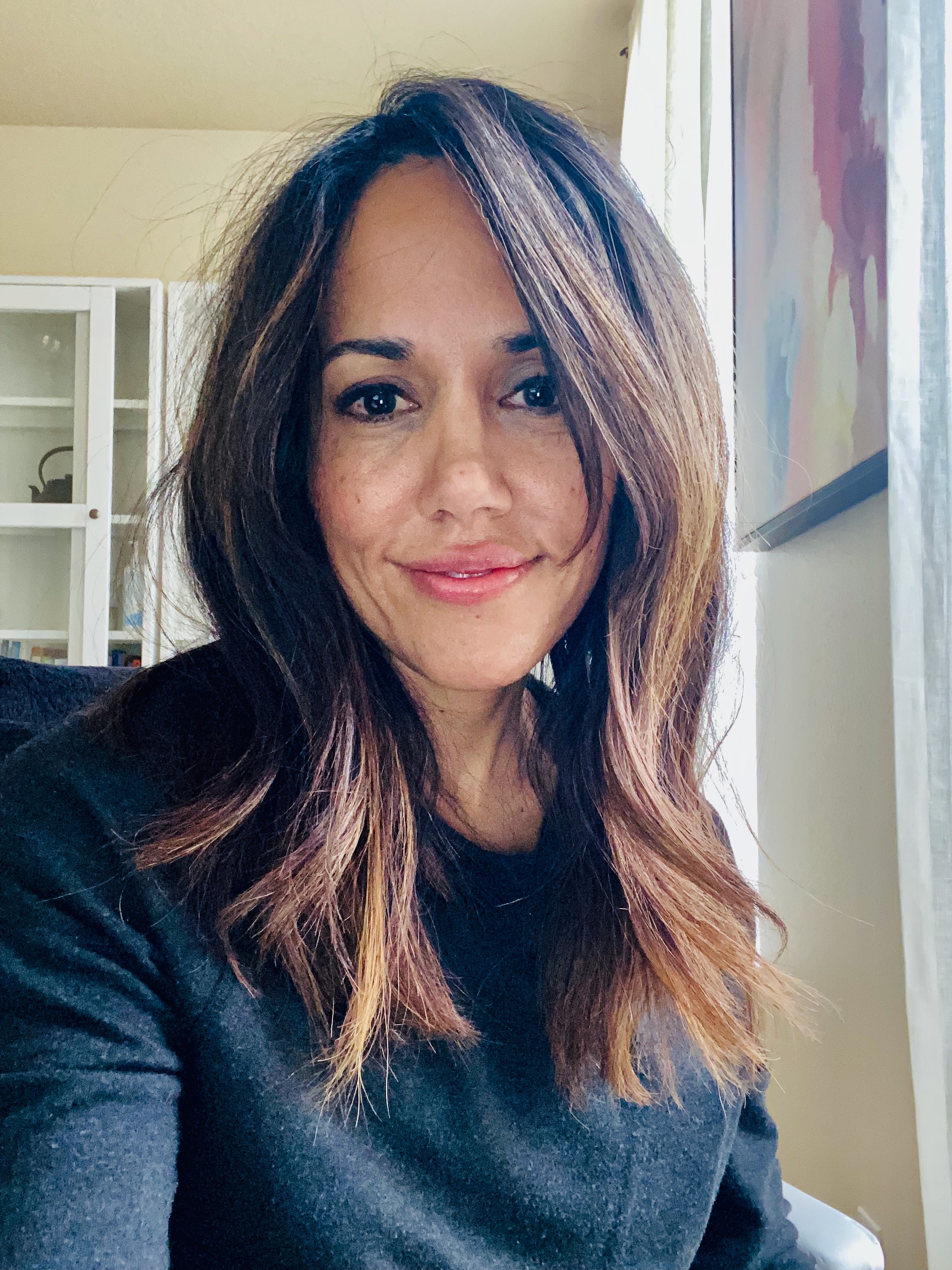Upon completion of this continuing education seminar, participants will be able to:
1. Identify anatomy, physiology, and pathophysiology of the urogynecologic systems with reference to specific vulvovaginal conditions, pelvic organ prolapse (POP), interstitial cystitis/painful bladder syndrome (IC/PBS), and urinary tract infections (UTIs), and polycystic ovarian syndrome (PCOS), and endometriosis
2. Perform detailed and specific pelvic anatomy mapping related to external and internal vulvovaginal conditions
3. Incorporate informed consent, trauma-informed care and an approach that is sensitive to culture and religious beliefs for evaluation and intervention skills.
4. Describe 3 theories of neuromuscular relaxation and how to perform guided relaxation techniques
5. Describe necessity of medical referral and screening as appropriate for vulvovaginal conditions, POP, IC/PBS, and UTIs, PCOS, and endometriosis
6. Describe common medical testing, common medical procedures, and multidisciplinary care for vulvovaginal conditions, POP, IC/PBS, and UTIs, PCOS, and endometriosis
7. Perform examination, evaluation, and develop plan of care appropriate for pelvic dysfunctions including vaginismus, vulvodynia, dyspareunia, POP, PCOS, IC/PBS, UTI, and endometriosis
8. Recognize signs, symptoms, and rehabilitation interventions for common colorectal conditions such as vaginismus, vulvodynia, dyspareunia, POP, PCOS, IC/PBS, UTI, and endometriosis
9. Identify patient selection criteria for pessary and identify the role of the rehabilitation provider in pessary fitting
10. Describe and demonstrate abdominal wall evaluation and treatment interventions of manual therapy, and specific therapeutic exercise for transversus abdominis, diastasis recti, nerve dysfunction, and myofascial pain
11. Perform internal vaginal myofascial and soft tissue treatment techniques to the pelvic floor and pelvic wall muscles
12. Recognize need for medical consultation for vulvar skin conditions including but not limited to vaginal atrophy, disease conditions, lesions, abnormal coloring and texture, genitourinary syndrome of menopause (GSM)








